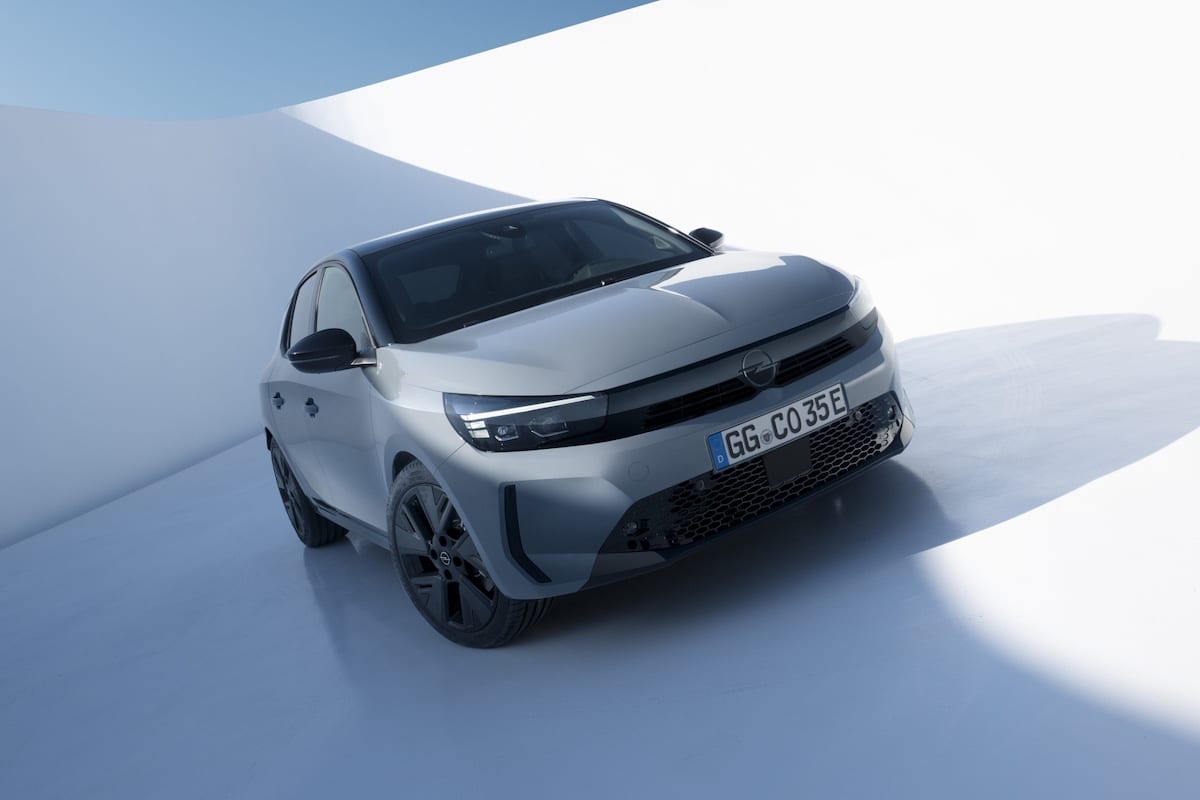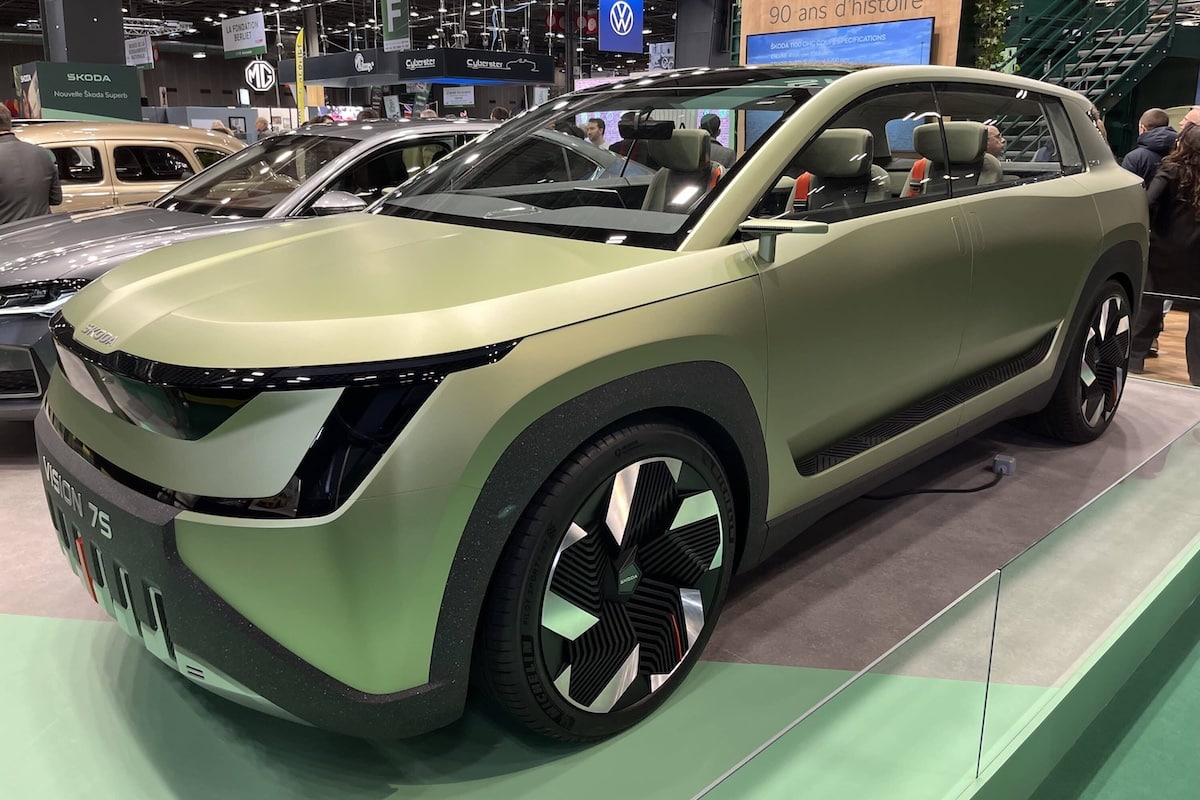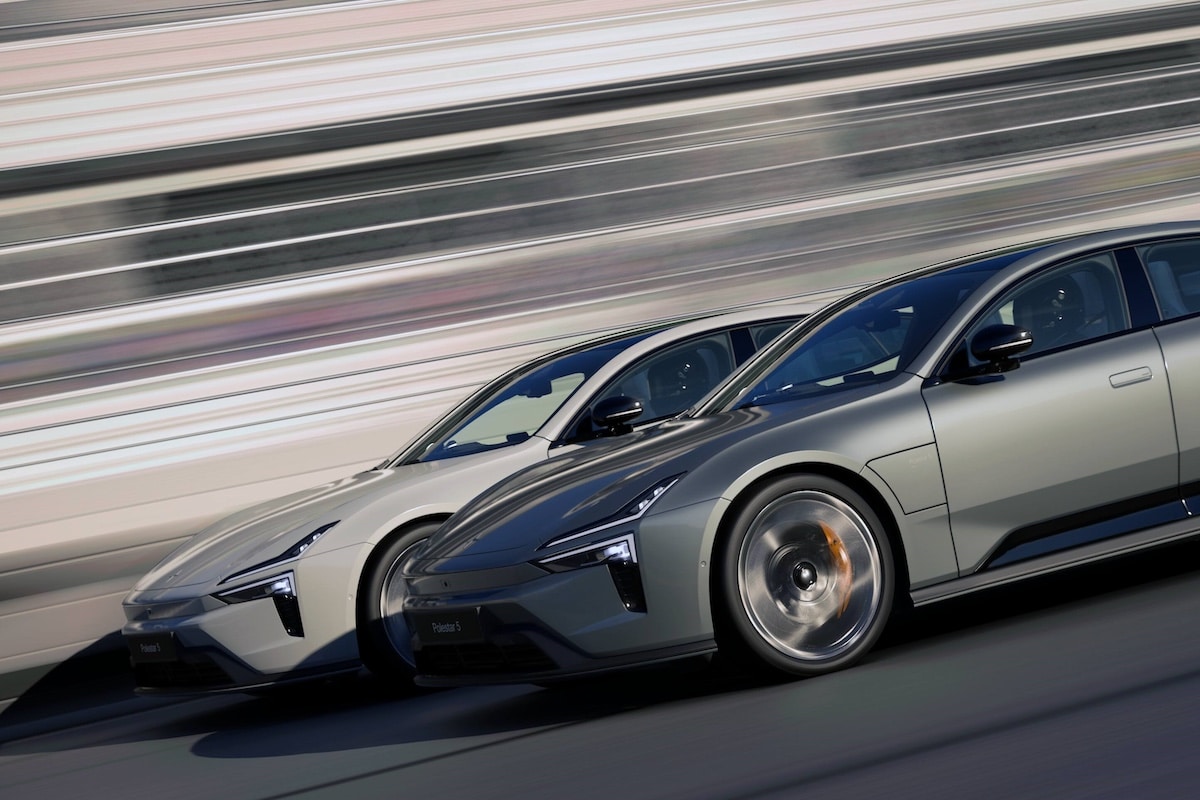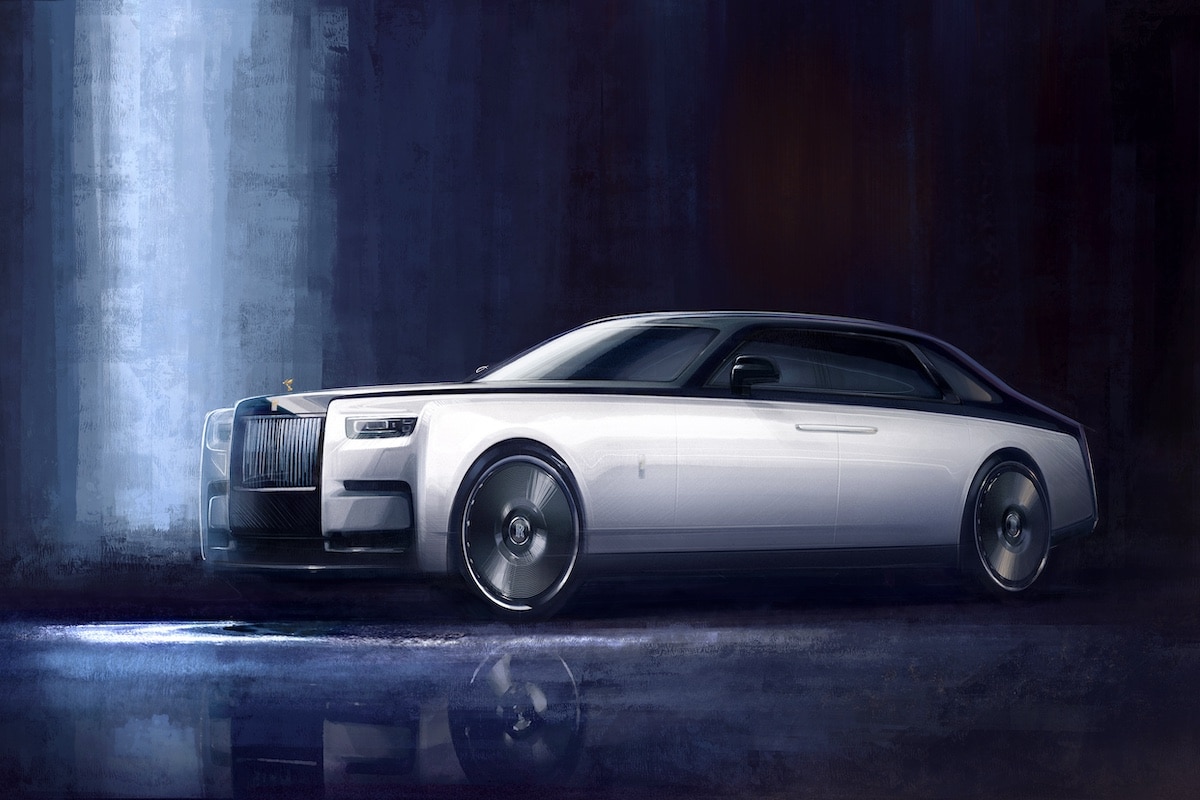Are Cars Cheaper in Europe Thanks to Donald Trump?

Trump’s tariffs rightfully worry European builders, but isn’t it a boon for consumers?
The implementation of the massive customs duties imposed by the Trump administration, this Wednesday, April 9, has sparked strong concern in Europe. These measures are disrupting not only the global automotive industry but also transatlantic trade relations.
With a 20% tax on imports from the European Union, iconic groups like Stellantis, Mercedes, BMW, and Volkswagen are forced to reconsider their strategies. In response, several brands have suspended shipments to the United States, fearing huge losses. For Europe, this represents a severe blow, as the American market accounts for a significant share of their exports. These tariffs recall the threat of a trade war caused by the 1930 Smoot-Hawley Tariff Act. Economists now fear a similar scenario, especially as the European industry, already weakened by ecological transition and the energy crisis, struggles to absorb this shock.
What impact for European consumers
For consumers, the consequences are twofold. On one hand, higher production costs could be reflected in the prices of vehicles sold in Europe. On the other hand, the decreasing availability of models designed for the American market could disrupt production lines and cause delays in other markets.
But in the face of declining exports to the United States, a crucial question arises: could the prices of new cars in Europe drop in the coming months? With a potentially surplus supply of certain models, manufacturers might be tempted to offer discounts to prevent inventory buildup. This oversupply is particularly likely for vehicles designed for the American market but redirected to Europe due to prohibitive tariffs.
However, this hypothesis remains highly uncertain. While excess supply could put downward pressure on prices, rising production costs due to supply chain disruptions and raw material inflation could counterbalance this effect. Manufacturers will remain cautious to protect their margins.
For buyers, waiting a few months could therefore be strategic, giving the market time to digest these adjustments. But do not expect miracles for a Renault 5 or a Tesla Model Y. Promotions related to surplus supply will only affect less demanded or unconventional models.
ALSO READ: End of the line for Alfa Romeo and Maserati?
This page is translated from the original post "Les voitures moins chères en Europe grace à Donald Trump ?" in French.
We also suggestthese articles:
Also read




